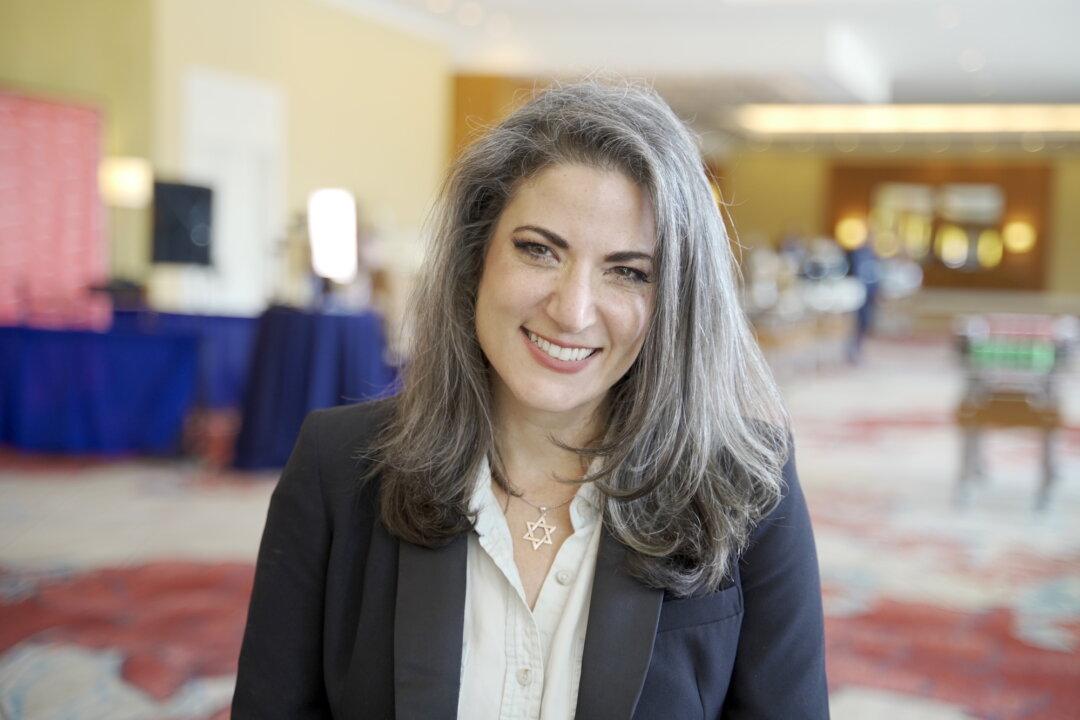“Once a tool to comfort the afflicted and to afflict the comfortable, today American journalism comforts the comfortable, speaks power to truth, and insists on an orthodoxy that protects the interests of the elites in the language of a culture war whose burden is given to the working class to bear,” writes Batya Ungar-Sargon in her new book.
On a recent episode of “American Thought Leaders,” host Jan Jekielek discussed race, class, and our elite media’s abandonment of U.S. workers with Batya Ungar-Sargon, deputy opinion editor at Newsweek and author of the book, “Bad News: How Woke Media Is Undermining Democracy.”






